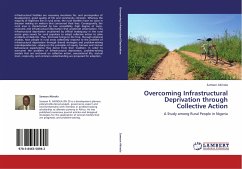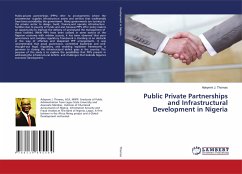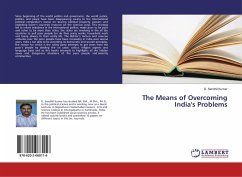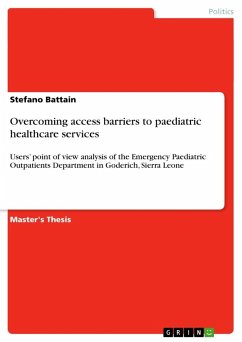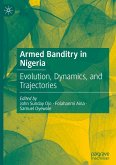Infrastructural facilities are necessary incentives for, and prerequisites of development, good quality of life and community cohesion. Whereas the majority of Nigerians live in rural areas, the rural dwellers have no voice in decision making on matters that concerned their lives. Consequently, the rural area is characterised by low accessibility, high degree of socio-economic and infrastructural deprivation that accelerate urbanisation. This infrastructural deprivation occasioned by official inadequacy in the rural sector gives rooms for rural populace to adopt collective action to solve problems of daily life. Thus, this book brings to the fore, through empirical analysis, how people in rural areas collectively respond to the problem of infrastructural deprivation through shared strategies and problem-solving interdependencies, relying on the principles of equity, fairness and mutual behavioural expectations they derive from their tradition. In order to overcome the problem of infrastructural deprivation, problem-solving models that are anchored on collective action, associational life, mutual trust, reciprocity, and common understanding are proposed for adoption.
Bitte wählen Sie Ihr Anliegen aus.
Rechnungen
Retourenschein anfordern
Bestellstatus
Storno

